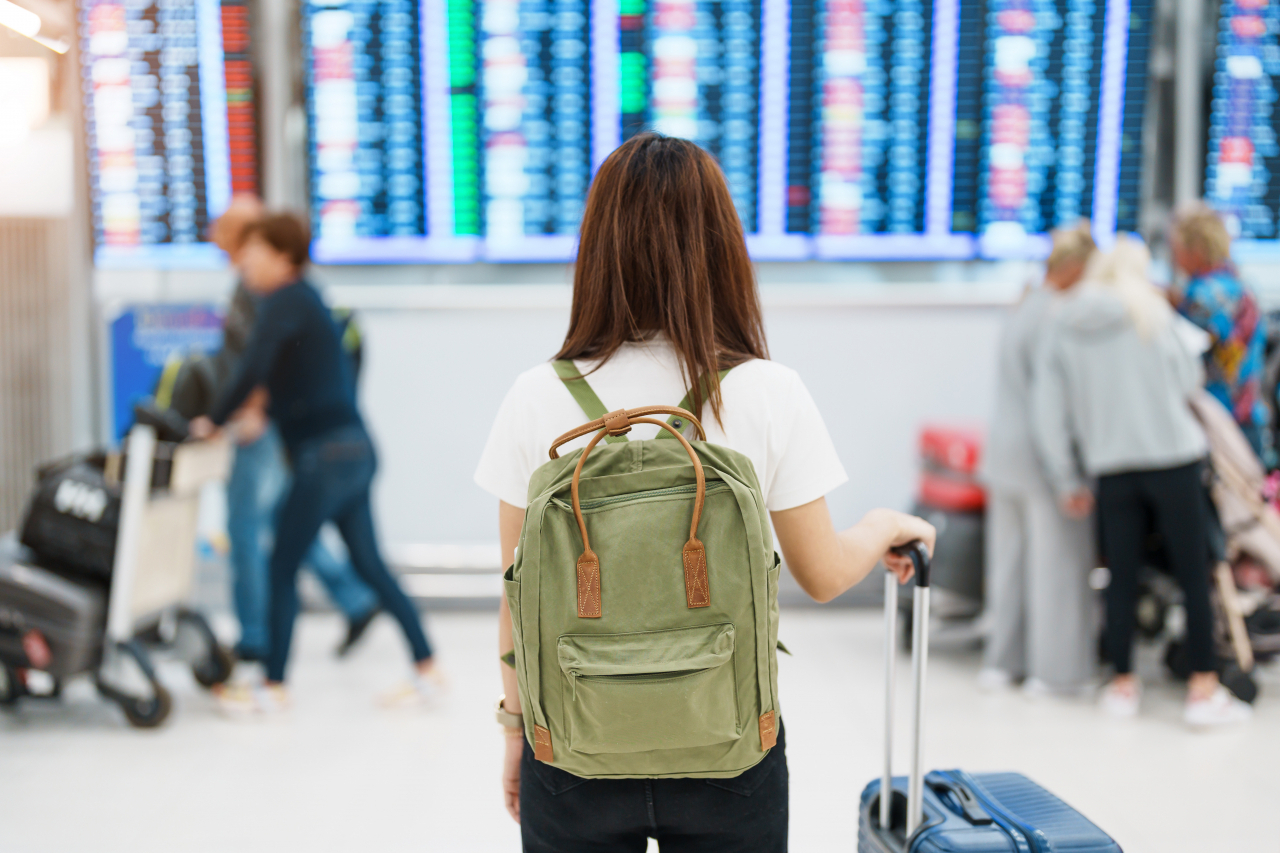 |
(123rf) |
Nearly half of South Koreans who secured employment abroad through government programs have chosen to return home, with low job security and insufficient wages cited as the top two factors for their dissatisfaction.
Of the 6,715 Koreans who secured overseas jobs with government assistance between 2018 and 2023, 46.6 percent -- totaling 3,129 individuals -- have since returned to South Korea, according to data released Friday by Representative Kang Deuk-gu of the Democratic Party of Korea, based on figures from the Ministry of Employment and Labor.
The Korean government has supported overseas employment for Koreans through related programs of governmental organizations like the Human Resources Development Service of Korea and KOTRA.
Of the 3,129 individuals who returned to South Korea, the leading cause of dissatisfaction with overseas employment cited by 13.9 percent was "low job security." This was closely followed by concerns over "lower wage levels compared to Korea" at 13.0 percent. Furthermore, 12 percent expressed frustration with limited opportunities for career growth in their overseas roles.
Of those who terminated their overseas employment, 73.8 percent did so voluntarily, citing reasons such as gaining sufficient experience, dissatisfaction with wage levels and health issues. Meanwhile, 26.2 percent faced involuntary termination due to reasons including visa expiration and the end of employment contract periods.
Notably, the survey of returnees found that 57.3 percent saw a rise in their wages after finding employment in South Korea compared to their overseas positions, while only 24.4 percent reported a decline
The group of 3,129 returnees included 30.4 percent who secured new employment in South Korea and 16.2 percent preparing to reenter the domestic job market.
Women accounted for 59.2 percent of the returnees, with the largest demographic being those aged 25 to 29, representing 41.6 percent of the total. The average age of the returnees was 29.9 years.
When the broader group of 6,715 Koreans, including those who remained in overseas jobs, was surveyed about their dissatisfaction with working abroad, 14.7 percent cited lower wages compared to Korea as their main concern. This was followed by concerns over job stability at 11.4 percent, limited career development opportunities at 10.6 percent and lower welfare standards than in Korea at 10.1 percent.
From 2018 to 2023, the top destinations for South Koreans securing overseas employment were Japan, accounting for 28.7 percent, followed by the United States with 25.6 percent, Vietnam with 7.4 percent, Singapore with 4.2 percent, and China and Malaysia at 3.4 percent each. In terms of returnees, the majority came from the United States, making up 40.6 percent, followed by Japan with 20 percent.
In-depth interviews also showed that those who secured overseas employment faced difficulties with their living conditions overseas.
Workers in Japan mentioned struggling with high rent and low starting salaries. Workers in Germany cited tax burdens while those in the United States and Singapore pointed to high living costs as the main difficulties they faced.







![[Today’s K-pop] Blackpink’s Jennie, Lisa invited to Coachella as solo acts](http://res.heraldm.com/phpwas/restmb_idxmake.php?idx=644&simg=/content/image/2024/11/21/20241121050099_0.jpg)